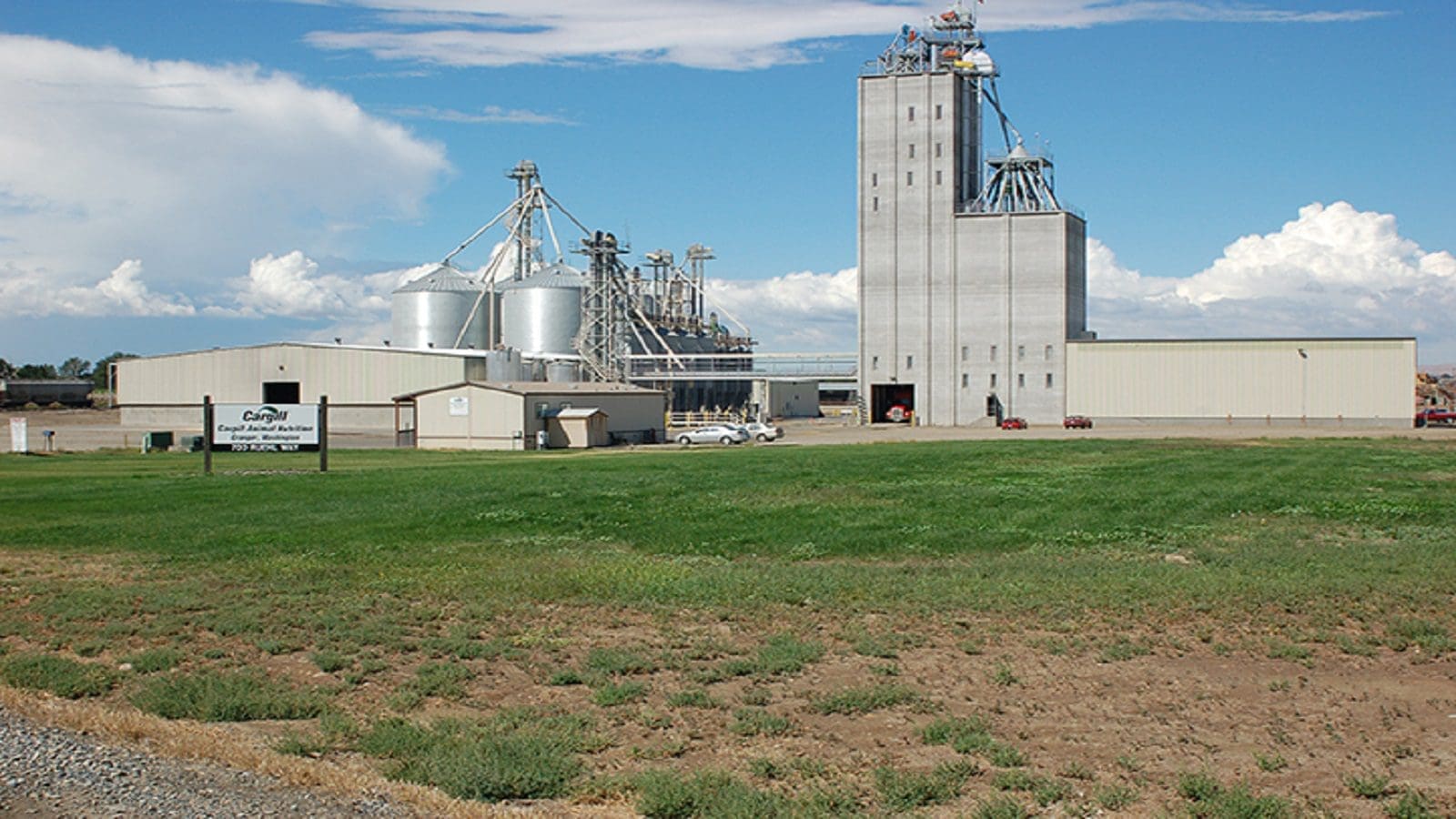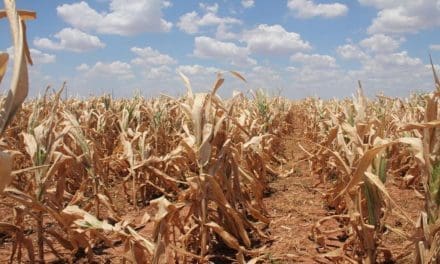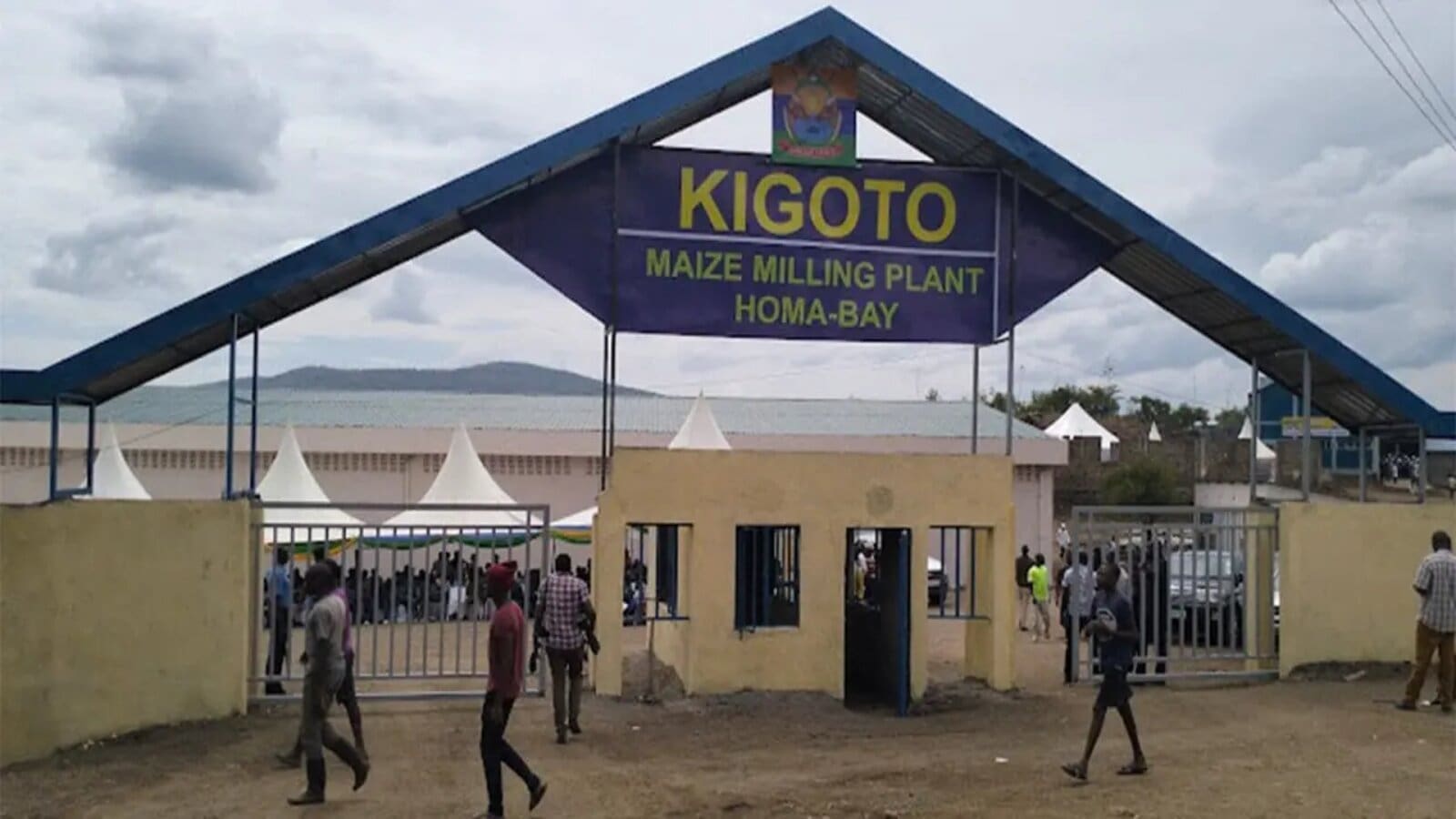CANADA- OPIsystems has introduced a new Grain Quality Sensor to help farmers and commercial storage operators detect biological activity in grains at the earliest possible stage to minimize postharvest losses of grains.
Having been in business for almost four decades and serving clients from all over the world, OPI’s products aim to make grain management and optimization easier using the latest technologies.
OPI optimizes grain operations by ensuring wireless monitoring of grain conditions using its product OPI Blue. It is a wireless system that delivers hourly grain storage information to the operator’s mobile or desktop devices, allowing them to turn on their fans remotely.
This new grain quality sensor goes a step further into easing grain management and control. It detects carbon dioxide, an early indicator of insect and mold activity that can significantly damage stored grain.
Its design is primed to allow installation as close to grain as possible, in the plenum and head space, for early detection and alerts.
Additionally, the sensor can be paired with OPI’s advanced moisture and temperature sensor cabling to identify problem areas in the bin and adjust the temperature of the grain storage facility.
“The Grain Quality Sensor is agriculture’s most advanced warning that grain movement is needed,” said Dave Crompton, chief executive officer of OPI.
According to the manufacturer, the normal background CO2 in grain storage is 400-600 ppm. However, spoiled grain begins to smell at about 1,200 ppm. The OPI Grain Quality Sensor has a 50-ppm accuracy of up to 2,000 ppm.
The sensor includes threshold (absolute level) alarms or rate-of-rise alarms configurable by the user, allowing the user to take the necessary actions to avoid any more grain spoilage during storage.
“Instead of waiting for odor or visual cues — which typically come too late to save grain and protect profit margin — this sensor alerts at deficient levels of CO2, the best and earliest indicator of grain deterioration,” he added.
Such solutions are of utmost importance, as global grain production is subject to climatic conditions and supply is complicated by geopolitical issues.
Grain storage operators, therefore, cannot afford to lose any more grain during storage and technologies like the grain quality sensor ensure that this does not happen.
For all the latest grains industry news from Africa, the Middle East and the World, subscribe to our weekly NEWSLETTERS, follow us on LinkedIn and subscribe to our YouTube channel










